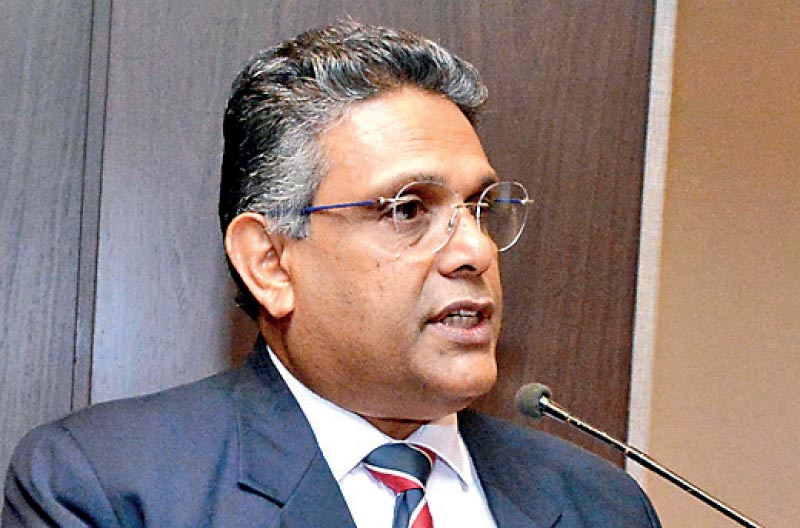Tuesday Feb 17, 2026
Tuesday Feb 17, 2026
Thursday, 29 August 2024 02:19 - - {{hitsCtrl.values.hits}}

Planters' Association of Ceylon Chairman Senaka Alawattegama – Pic by Upul Abayasekara
By Charumini de Silva
Planters’ Association Chairman Senaka Alawattegama recently highlighted the significant opportunities available for Regional Plantation Companies (RPCs) to diversify their agricultural portfolios by venturing into spice cultivation.
Speaking as the Guest of Honour at the 40th Annual General Meeting of the Spices and Allied Products Producers’ and Traders’ Association (SAPPTA), he pointed out that RPCs can leverage their existing resources and expertise to expand into the spice market, potentially enhancing their revenue streams and strengthening their market position.
“Diversifying into spice cultivation offers several advantages. Spices can be processed into value-added products, increasing their market value and profitability. By tapping into this segment, RPCs can enhance their revenue streams and strengthen their market position,” he explained.
Alawattegama cited examples of successful diversification, such as Dilmah’s recent foray into marketing Ceylon Cinnamon, akin to its well-established market for Pure Ceylon Tea. “These initiatives demonstrate how integrating spice cultivation can add substantial value to the agricultural output of Sri Lankan plantation companies,” he added.
Alawattegama also outlined Sri Lanka’s global standing in the spice industry, noting its position as the ninth-largest exporter of spices worldwide. “This ranking reflects the country’s reputation for producing high-quality spices and potential for further growth in this sector,” he said.
In his address, Alawattegama celebrated the rich heritage and global recognition of Sri Lankan spices, including cinnamon, pepper, cloves, cardamom, nutmeg, mace, and vanilla. Alawattegama highlighted Ceylon Cinnamon’s global reputation for its distinct flavour, aroma, and superior quality which mirrors the global renown of Ceylon Tea.
He also acknowledged Ceylon Pepper’s significant niche in the international market, attributing its high piperine levels to its robust flavour and pungency, which caters to around 6% of global pepper demand.
“Sri Lanka is known far and wide as the ‘Spice Island’, and has been celebrated for its exceptional spice heritage for centuries. Our island nation’s position at the crossroads of ancient trade routes has endowed us with a rich legacy that continues to resonate globally,” he stressed.
Alawattegama called on the Government to provide robust support to help the spice industry achieve its ambitious target of $ 1 billion in export income. He suggested that this support could include favourable and consistent policies, investments in research and development, and infrastructure improvements to enhance the sector’s competitiveness.
He also pointed to the challenges in the sector. “The international spice market is highly competitive and constantly changing, influenced by factors like climate change, market fluctuations, and evolving consumer preferences. However, these challenges also present significant opportunities for growth and innovation within the industry,” he said.
Looking forward, Alawattegama said prioritising sustainable practices, innovation, quality assurance, and market expansion is essential. “Embracing environmental-friendly cultivation methods, minimising the carbon footprint, and supporting fair trade will be crucial for the long term success of the sector. Incorporating technology into spice cultivation and processing can enhance efficiency and product quality, while investment in research and development (R&D) will enable Sri Lanka to stay ahead of global trends and meet the changing demands of consumers,” he added.
He also asserted rigorous quality control and certification processes will continue to differentiate Sri Lankan spices in the international market, reinforcing the country’s reputation for excellence. “Exploring new markets and expanding product range can unlock further growth opportunities. Whilst staying attuned to global trends and understanding consumer preferences, Sri Lanka can adapt and thrive in a competitive spice market,” Alawattegama said.